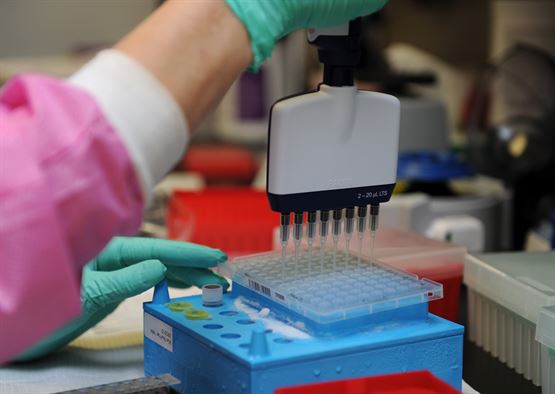The uncertain future of genetic testing
By Carrie Arnold,
Mosaic Science
| 07. 18. 2017
Bringing genetics into medicine leads to more accuracy, better diagnosis and personalised treatment – but not for all. Carrie Arnold meets families for whom gene testing has led only to unanswered questions.
AnneMarie Ciccarella, a fast-talking 57-year-old brunette with a more than a hint of a New York accent, thought she knew a lot about breast cancer. Her mother was diagnosed with the disease in 1987, and several other female relatives also developed it. When doctors found a suspicious lump in one of her breasts that turned out to be cancer, she immediately sought out testing to look for mutations in the two BRCA genes, which between them account for around 20 per cent of families with a strong history of breast cancer.
Ciccarella assumed her results would be positive. They weren’t. Instead, they identified only what’s known as a variant of unknown or uncertain significance (VUS) in both BRCA1 and BRCA2. Unlike pathogenic mutations that are known to cause disease or benign ones that don’t, these genetic variations just aren’t understood enough to know if they are involved or not...
Related Articles
By Arthur Lazarus, MedPage Today | 01.23.2026
A growing body of contemporary research and reporting exposes how old ideas can find new life when repurposed within modern systems of medicine, technology, and public policy. Over the last decade, several trends have converged:
- The rise of polygenic scoring...
By Stephanie Pappas, LiveScience | 01.15.2026
Genetic variants believed to cause blindness in nearly everyone who carries them actually lead to vision loss less than 30% of the time, new research finds.
The study challenges the concept of Mendelian diseases, or diseases and disorders attributed to...
By David Cox, Wired | 01.05.2026
As he addressed an audience of virologists from China, Australia, and Singapore at October’s Pandemic Research Alliance Symposium, Wei Zhao introduced an eye-catching idea.
The gene-editing technology Crispr is best known for delivering groundbreaking new therapies for rare diseases, tweaking...
By Josie Ensor, The Times | 12.09.2025
A fertility start-up that promises to screen embryos to give would-be parents their “best baby” has come under fire for a “misuse of science”.
Nucleus Genomics describes its mission as “IVF for genetic optimisation”, offering advanced embryo testing that allows...




